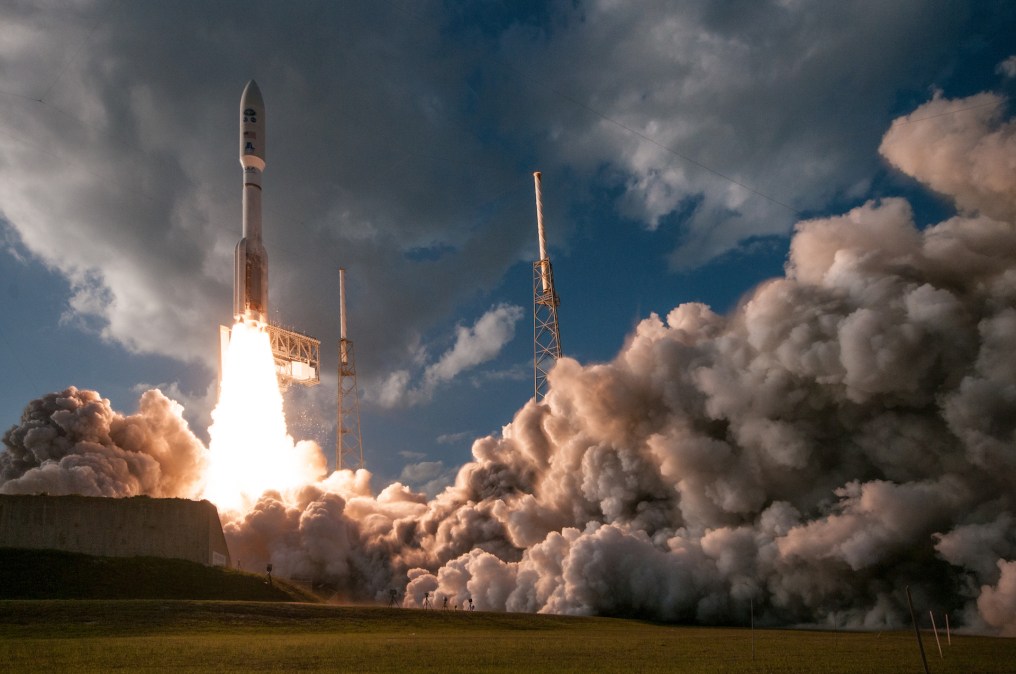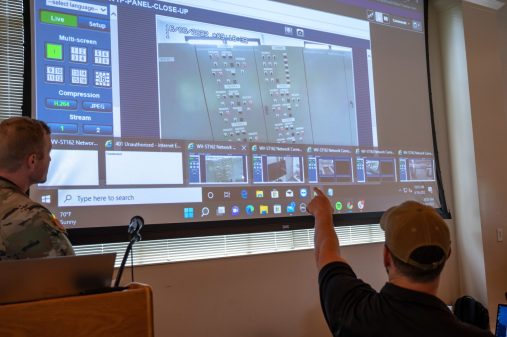DARPA returns to Challenge.gov for space-launch ideas

The Defense Advanced Research Projects Agency (DARPA) has unveiled a new space launch challenge, which aims to develop capacity to put payloads into orbit at “extremely short notice.”
“Our nation’s space architecture is built around a limited number of exquisite systems,” the challenge page reads. “Typical developments span up to 10 years to build, test, and launch spacecraft.” But that won’t be fast enough in the future, DARPA warns. “The launch environment of the future will more closely resemble airline operations — with frequent launches from myriad locations worldwide. DARPA seeks to accelerate capabilities that are unconstrained to allow for flexibility and resilience, rather than one-of-a-kind, fixed infrastructure.”
DARPA is using the federal prize competition site Challenge.gov to launch the competition. Challenge.gov allows federal agencies to crowdsource solutions to perplexing mission-focused problems. DARPA has posted seven challenges to Challenge.gov since 2015 — two, in addition to this one just announced, are currently ongoing.
The goal of this new DARPA Launch Challenge, according to the qualification guidelines, is to “demonstrate responsive and flexible space launch capabilities from the burgeoning industry of small launch (10kg-1000kg) providers.”
To do this, DARPA will set up conditions that force participant teams to launch a payload to low Earth orbit just weeks after learning about the launch location, payload and orbit specifications. Teams that successfully complete this will then face another launch challenge in another location with another payload and orbit. Doing all this successfully will yield a big payout though — the challenge offers a full $10 million for the “winner” (ranked by mass, time, and accuracy) of the second launch.
“We are looking to incentivize industry to deliver their launch systems with the capability to be both flexible and responsive — anticipating emerging DoD needs.”
The challenge is multi-stage with launches taking place, according to agency plans, through the end of 2019.
It all begins, however, with a qualification phase beginning on May 24. For this stage interested participants must register (or “prequalify,” in the words of the challenge page), then submit a Launch Challenge Application and finally obtain a license from the Federal Aviation Administration Office of Commercial Space Transportation.
Teams that pass this first phase will be announced in January 2019, according to DARPA’s plan. They will be awarded $400,000 and move on to the first of the two launch phases.






